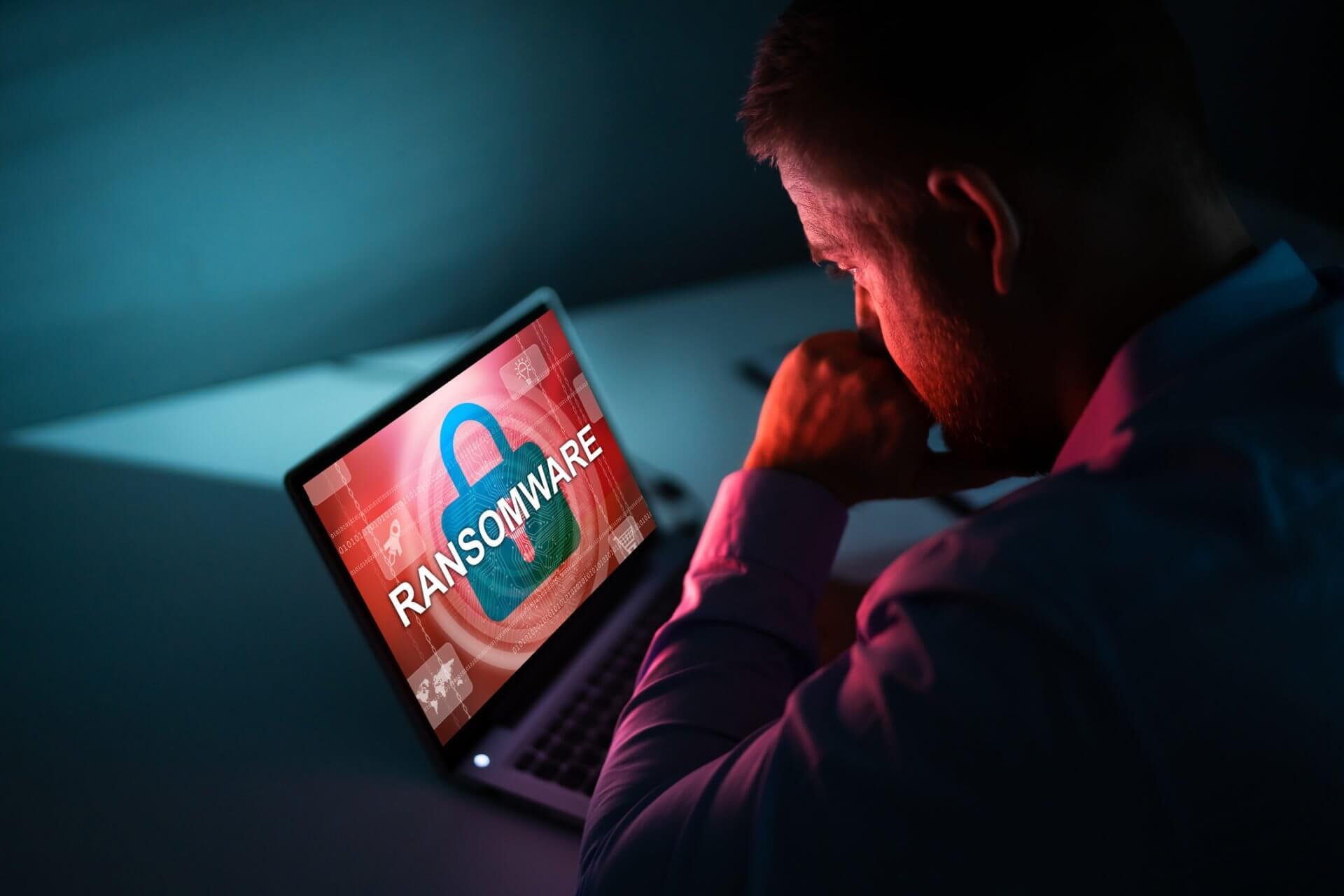How to Protect Your Business From Cyber Attacks?
Faced with a hacking or a cyber attack, many SMEs do not have the means to protect themselves. To avoid possible cyber threats, here are some techniques that will allow SMEs to protect themselves from hacking.
Why do you need to protect your business?
While most SMBs don’t really care about their computer security, it is still appropriate for these small businesses to have an effective security system. Indeed, many SMBs make the mistake of ignoring computer protection. They consider IT security as useless given their limited resources.
However, hackers do not care about the size of the resources to carry out their malicious act. More importantly, they know that large companies have highly effective security systems. This makes it easier for them to attack SMBs. When this happens, it can unfortunately affect the functioning of the company. So much so that many small and medium-sized businesses cease operations after a cyber attack.
If setting up an IT department or recruiting an IT manager can be expensive for a small business, there are some methods to adopt on a daily basis so that each team can optimize the security of the company’s IT system.
Train and educate your team on hacking
For an optimal security of the IT system, it must first go through the staff. All employees and staff using IT resources should be aware of the most common hacking pitfalls: phishing, scams, malicious sites and software, as well as the most common hacking techniques. They should also be trained on how to prevent these scams from happening. Using a specialized consultant would be ideal to train all staff.
Implement firewall protection
Firewall protection is a system that provides a first barrier of security for your computer system. Operated on all the company’s computers, the firewall filters everything that enters and leaves your network. You can call on a computer specialist to help you install a firewall on all the company’s computers. At the same time, installing an antivirus on the workstations will also provide additional security.
Make an external data backup
To prevent all your data from disappearing in a few seconds, it is always essential to make an external backup. Not only to prevent cyber attacks, but also to protect yourself from theft, loss, but also from alteration of your hardware.
Be aware that hackers are now asking for very high ransoms against hacked data. Therefore, consider backing up all confidential and sensitive information on external servers or external hard drives at the company level. You can also use remote storage spaces such as the Cloud or Drive. Backup must be systematic and frequent to avoid any data loss.
check out this article to learn more tips on how to keep data security.
Secure your business email
Most of the attacks on the computer system occur at the level of the electronic mail. The e-mail box is one of the most sensitive to phishing or virus attacks. Malware steals your address book and data. What you need to do in this case is to install an anti-virus and anti-spam program on the company’s computers. You can also use email protection software. This solution guarantees optimal security for all your company’s e-mail traffic. In addition, you should not forget to update all software and protection services used for security.
Secure your passwords
The only way to secure all accounts and addresses on the Internet is to use a strong password. Weak, identical or similar passwords on different accounts are easy to misuse. Also, it is important to understand that using the same password for both personal and business accounts is not recommended.
The hacking of a personal account could in this case have repercussions on the professional account. To do this, secure passwords by using more complex characters (letters, numbers, etc.). Vary the passwords for each account. If you are afraid of forgetting them, write them down on a piece of paper and keep it secret. Finally, you can also use a password manager to manage this part.
Protecting yourself from hacking therefore includes several components of security tools such as anti-virus and anti-spam software, a firewall, the implementation of backups, without forgetting the awareness of users of computer tools.
check out this article to learn more about the basics of business cybersecurity.



